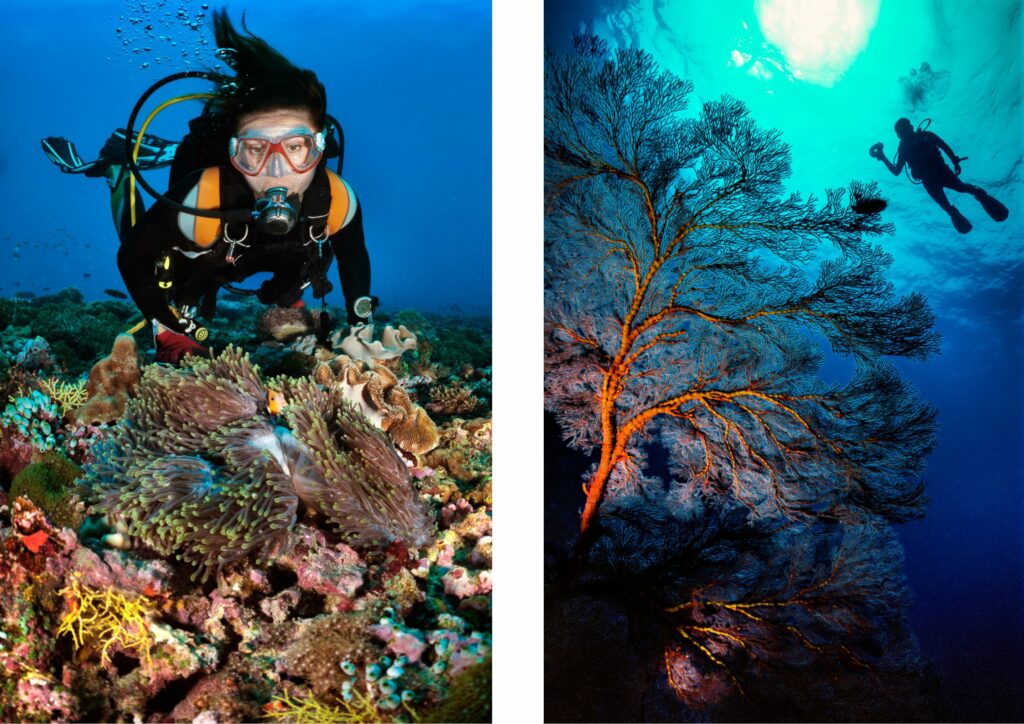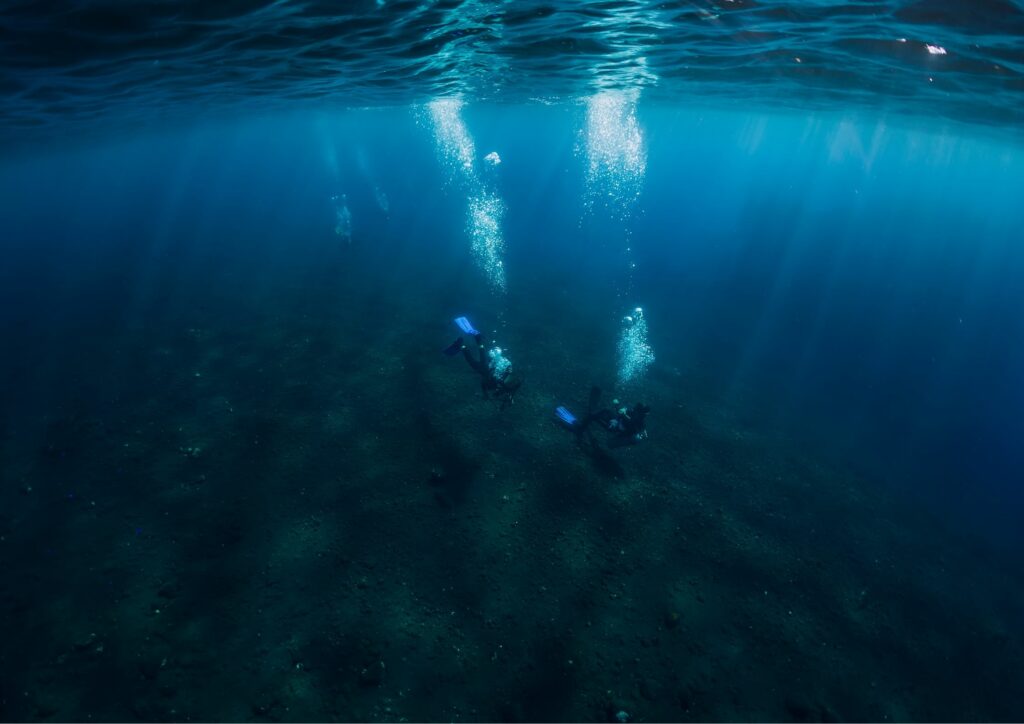In this article, we’ll delve into the expert insights on dive timing, when to dive for an optimal experience. From dawn dives to night dives, and everything in between, we’ve got you covered. As scuba diving enthusiasts, we’ve all had that one experience where the dive was simply unforgettable – the sea life was abundant, the visibility was crystal clear, and the overall atmosphere was electric. But what made it so special? Was it the time of day, the weather conditions, or something else entirely?
Dawn Dives: The Best Kept Secret in Scuba Diving
There’s something magical about dive timing at dawn. As the sun rises over the horizon, the sea comes alive with an array of marine life. Fish start to stir, coral polyps extend their tentacles, and even sea turtles can be spotted taking a leisurely swim. But why is this time period so special? For one, the water is usually calm and clear, making it perfect for spotting tiny creatures like nudibranchs or sea fans.
Additionally, many marine animals are more active during this time frame, as they take advantage of the increased visibility to hunt or feed. And let’s not forget about the photography opportunities – with the golden light casting a warm glow over the underwater landscape, dawn dives are a photographer’s dream come true.
Dive Timing in the Day: The Classics Never Go Out of Style

Ah, day dives – the classic choice for many scuba divers. And for good reason! With the sun shining bright and warm, the sea life is usually more active, making it easier to spot your favorite marine animals. Day dives are also a great time to take advantage of the currents, as they can help you explore hidden crevices or drift along with schools of fish. Plus, dive timing in the day with the increased visibility, you can easily spot any potential hazards or navigation challenges. However, be sure to plan your dive accordingly, as the heat and sun exposure can take their toll on even the most seasoned divers.
Dive Timing at Night: An Unforgettable Experience Under the Stars
There’s something truly special about diving at night – it’s like entering a whole new world. As the darkness envelops you, the bioluminescent creatures start to shine like tiny stars, and the sounds of the sea take on a mesmerizing quality. Night dives are perfect for spotting nocturnal creatures like octopuses or sharks, as well as taking in the sheer scale of coral reefs under the light of the moon. Just be sure to plan your dive with a reliable dive light and communicate clearly with your buddy – it’s easy to get lost in the darkness!
Sea Fauna Cleaning: The Unsung Heroes of Marine Conservation
As scuba divers, we’ve all had that moment where we spot a sea turtle munching on seaweed or a fish cleaning its favorite coral reef during that dive timing. But have you ever stopped to think about the importance of these creatures in our ecosystem? Sea fauna like fish, crustaceans, and even corals play a crucial role in maintaining the delicate balance of our marine environment.
By cleaning up after themselves and keeping the sea floor free from debris, they help prevent the spread of disease and maintain the overall health of the ecosystem. So next time you’re out diving, take a moment to appreciate these unsung heroes – they might just be the key to saving our planet’s most precious resource!

Sea Fauna Eating Time: The Secret to a Thriving Ecosystem
You might have heard it said that fish are always eating something, but what does this mean for us scuba divers? Well, for starters, it means that many marine animals are more active during certain times of the day or night. By understanding their feeding patterns, we can better plan our dives and increase our chances of spotting these creatures in their natural habitat. For example, some fish might be most active during dawn or dusk, while others might be more sluggish during the heat of the day. By tuning into the rhythms of our marine friends, we can have a more immersive and engaging diving experience – not to mention contribute to the overall health of the ecosystem!
Conclusion: Dive Timing is Everything in Scuba Diving in Bali
In conclusion, dive timing is everything when it comes to Bali diving. Whether you’re a seasoned pro or just starting out, understanding the best times for diving can elevate your experience from good to great. From dawn dives to night dives, and even sea fauna cleaning and eating time, there’s always something new to discover in the world of marine conservation. So next time you’re gearing up for a dive, remember – timing is everything! And if you want to join us on this mission to change the world, one resort at a time, revisit us soon and get ready to embark on an unforgettable adventure.
Timing is Everything: A Call to Action
So what are you waiting for? Join our mission to make a real impact at the local level through education and job opportunities. Whether you’re a seasoned diver or just starting out, we invite you to join us on this journey to change the world – one resort at a time. And remember, timing is everything! So don’t miss out on the opportunity to experience the best diving has to offer. Contact us today to learn more about our resort and how you can be a part of our mission.

The article highlights the importance of understanding dive timing and how it can enhance our diving experience. I’ve had some great moments spotting sea creatures during night dives.
Hi Kavitha, thank you for sharing your experience about night dives! It’s great to hear that you’ve had some wonderful moments spotting sea creatures. We’re glad that our article could resonate with you and provide valuable insights on dive timing. At Gill Divers, we believe that understanding the best times for diving can elevate the overall experience and create lifelong memories. If you have any questions or would like to learn more about our resort and mission, please don’t hesitate to reach out. We’re always here to help.
I love reading about dive timing and how it affects our scuba diving experience. I’ve had some of my best dives during dawn or dusk when the sea life is most active.
Hi Siti Nuraini Abdullah, we’re thrilled to hear that you enjoy learning about dive timing and its impact on our scuba diving experience! It’s indeed fascinating to observe how the marine life becomes more active during certain times of the day or night. At Gill Divers, we believe that understanding the rhythms of our ocean friends can elevate our diving experiences and contribute to a greater appreciation for marine conservation. If you have any questions or would like to learn more about our resort’s initiatives in promoting sustainable tourism, please don’t hesitate to reach out. We’d be happy to chat with you! Tel: +65 6734 9373, Email: [email protected]
I enjoyed learning about the different dive timing options and how they impact our experience. As a beginner, I’m excited to try out night dives and see what I can discover.
Hi Nur Syuhada, we’re thrilled that you found our article informative and exciting! Night dives can indeed be a unique and fascinating experience. As you venture into the world of scuba diving, keep in mind to always dive safely with a buddy, follow local regulations, and respect the marine environment. If you have any questions or need guidance on planning your night dives, feel free to reach out to us at Tel: +65 6734 9373, Email: [email protected]. We’re here to help! And who knows, maybe one day you’ll be leading a guided dive tour with Gill Divers. Looking forward to hearing about your underwater adventures!